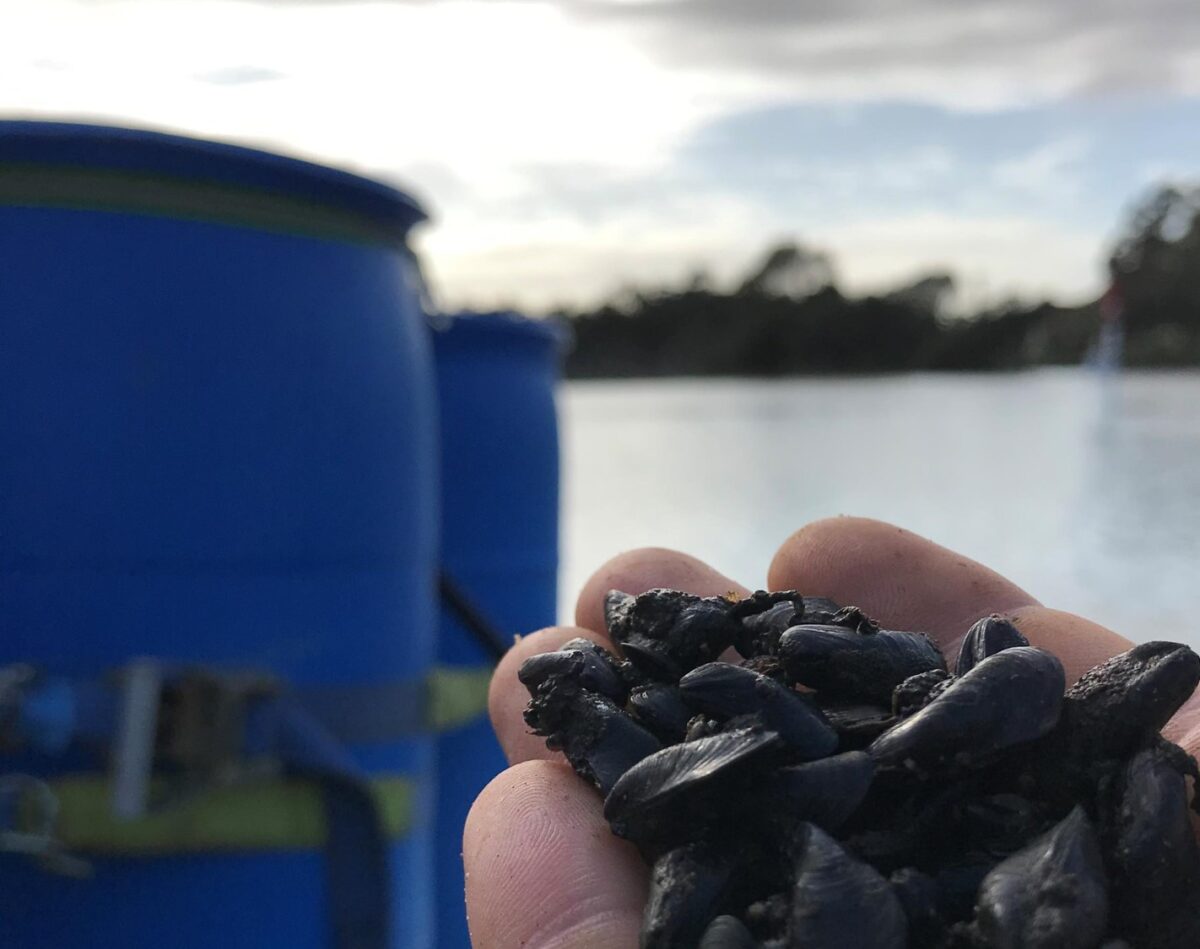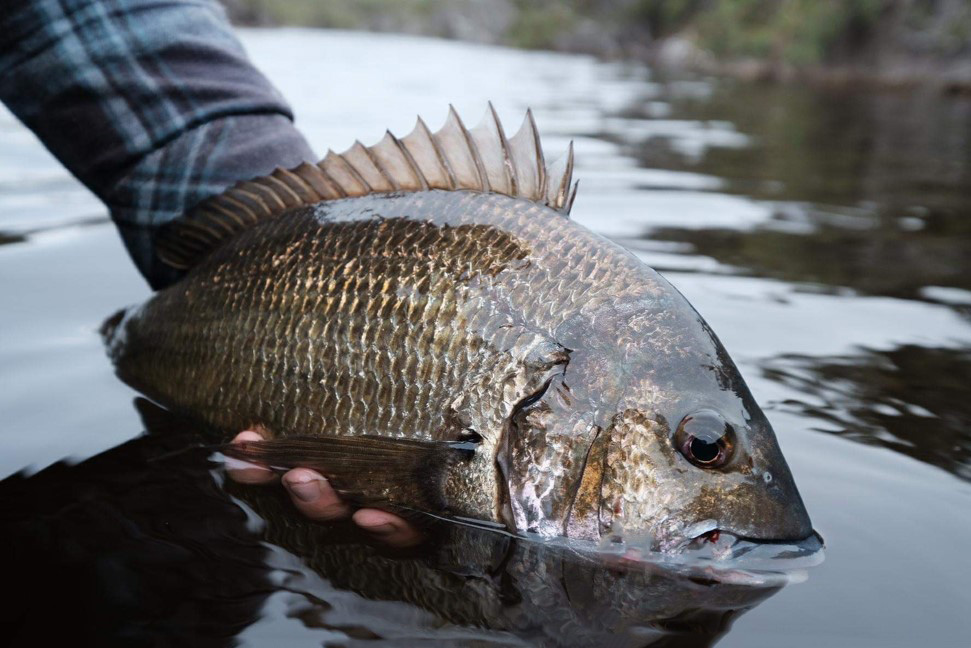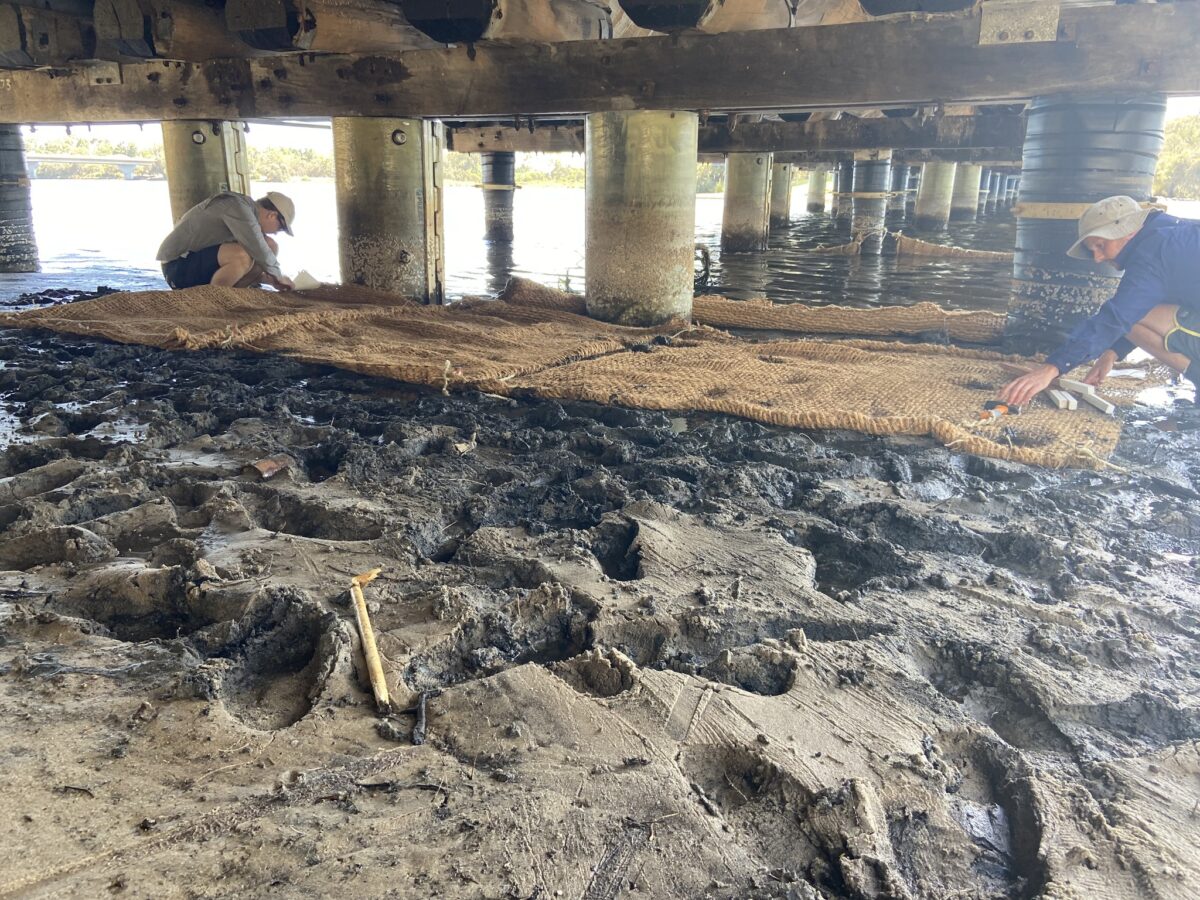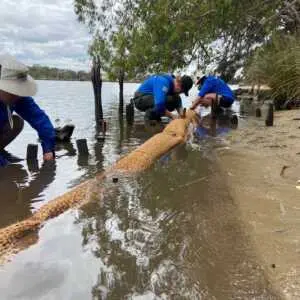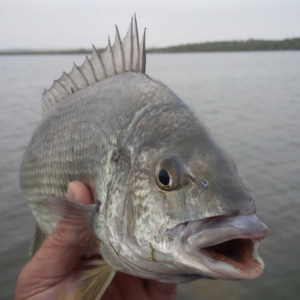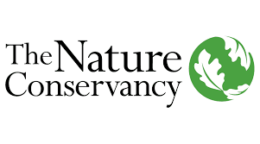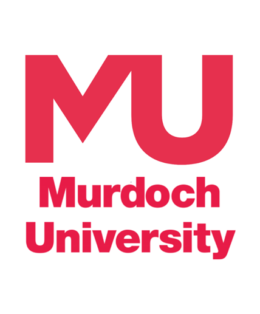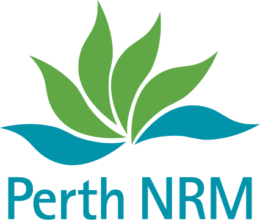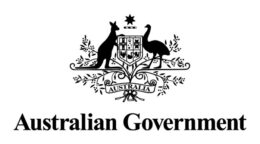2 July 2023 | Pygmy mussels looking strong again in WA to fill up black bream
In recent years, members of OzFish Perth Chapter has been collaborating with The Nature Conservancy (TNC) to restore critical pygmy mussel habitat in the Swan-Canning River system in Western Australia, marking a significant step towards revitalising shellfish populations in the region. The decline of pygmy mussels in the river over the past few decades has placed added pressure on black bream, a species that relies on mussels as a vital food source during the winter season. The shortage of this food source has been linked to stunted growth in black bream, impacting the overall angling experience in the Swan-Canning. To address this issue and boost mussel habitat, TNC, with the assistance of OzFish volunteers, has installed 2km of biodegradable coir matting throughout the river.

